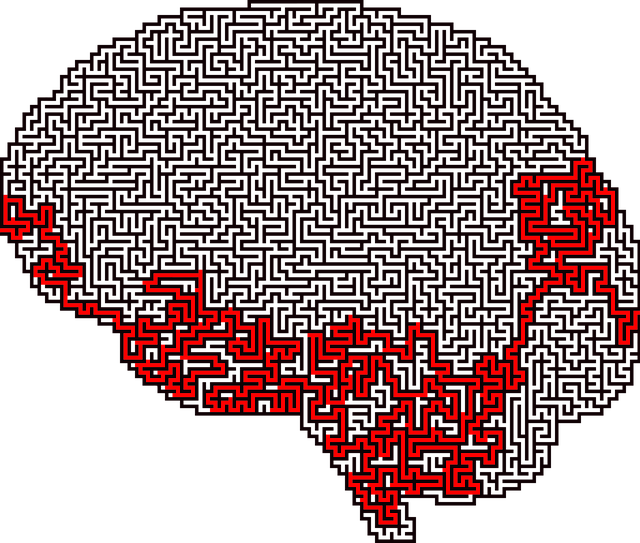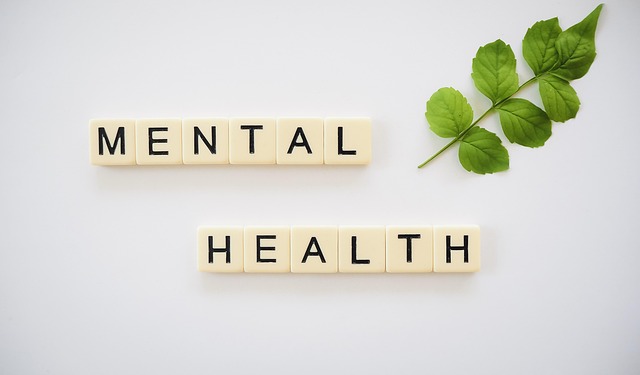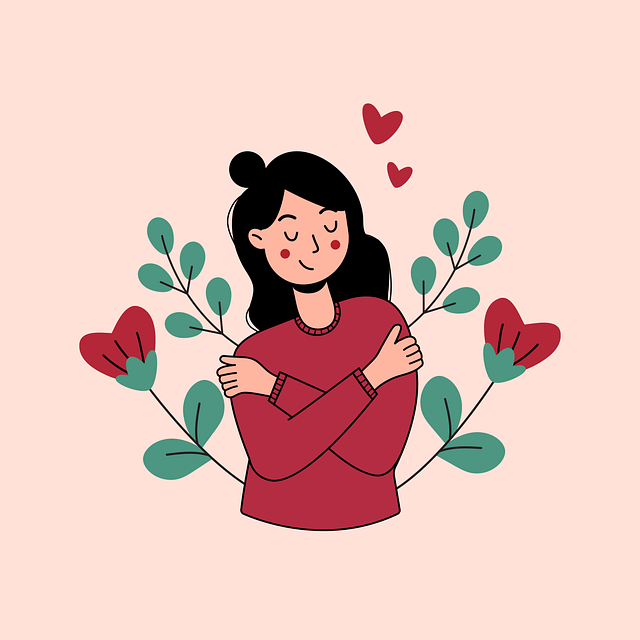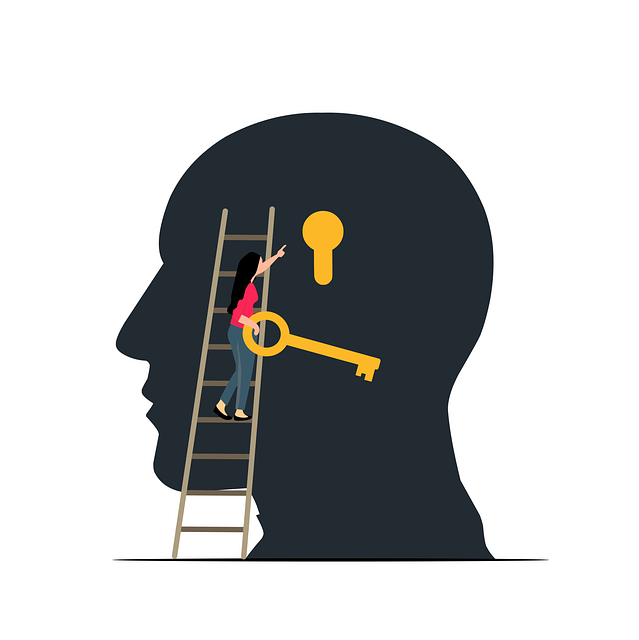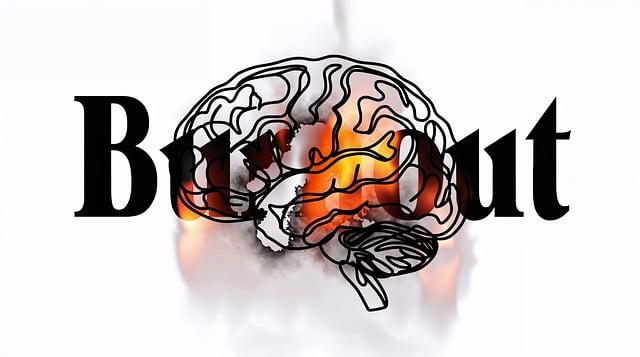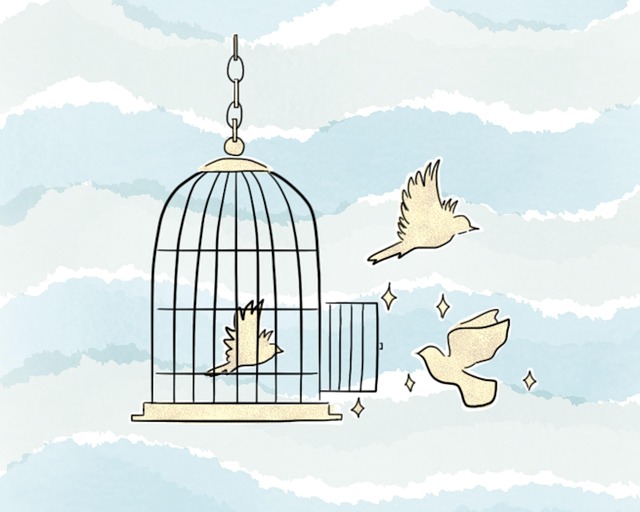Colorado Springs Geriatrics Therapy prioritizes engaging and supportive environments for mental wellness groups, using techniques like active listening and open-ended discussions to build trust and connection. Facilitators manage diverse dynamics, promote resilience, and empower participants through storytelling and group conversations aimed at stigma reduction. This specialized care, tailored for older adults, enhances independence and quality of life with a comprehensive approach combining physical, occupational therapy, and personalized rehabilitation plans. Success is measured qualitatively, focusing on improved mood, cognitive function, and social engagement, ensuring each participant feels valued and empowered.
In the heart of Colorado Springs, geriatric therapy has recognized the profound impact of group facilitation on mental wellness. This article explores the art and science of leading supportive and engaging mental health groups, delving into dynamic techniques that foster trust, connection, and active participation. From understanding group benefits to measuring success, discover how skilled facilitators create transformative environments, offering a beacon of hope and healing for those navigating life’s challenges.
- Understanding Mental Wellness Groups: Benefits and Dynamics
- Facilitation Techniques for Engaging and Supportive Environments
- Building Trust and Connection Among Participants
- Encouraging Active Participation and Open Dialogue
- Measuring Success and Adapting Strategies for Optimal Group Therapy
Understanding Mental Wellness Groups: Benefits and Dynamics

Mental wellness groups offer a unique and beneficial environment for individuals to come together and support one another. In Colorado Springs Geriatrics Therapy, these groups play a crucial role in fostering community and promoting healing. By facilitating discussions and activities, group leaders can help members build connections, share experiences, and gain new perspectives. This sense of belonging and mutual understanding is a powerful tool in improving mental health outcomes.
The dynamics within these groups are diverse and complex. Members bring their own unique backgrounds, struggles, and coping mechanisms, creating a rich tapestry of experiences. Facilitators must navigate this landscape, ensuring every voice is heard while promoting a safe and non-judgmental space. Benefits include enhanced social support, improved self-esteem, and better coping strategies. Additionally, these groups can serve as an excellent platform for developing burnout prevention strategies for healthcare providers, as well as facilitating public awareness campaigns development and production of mental wellness podcast series to further educate and engage the community.
Facilitation Techniques for Engaging and Supportive Environments

In facilitating mental wellness groups in Colorado Springs Geriatrics Therapy settings, creating an engaging and supportive environment is paramount. Techniques such as active listening, open-ended questions, and reflective statements foster a safe space where participants feel heard and valued. These methods encourage peer-to-peer support, allowing individuals to share their experiences, offer encouragement, and learn from one another—all crucial elements for building resilience and combating depression prevention.
By incorporating interactive activities, storytelling, and group discussions centered around mental illness stigma reduction efforts, facilitators can enhance participation and engagement. This inclusive approach not only promotes open conversations but also empowers group members to challenge stereotypes, fostering a deeper understanding and empathy among peers. Ultimately, these facilitation techniques aim to create a supportive tapestry where individuals can navigate their mental health journeys together with dignity and hope.
Building Trust and Connection Among Participants

In facilitating mental wellness groups, establishing trust and connection among participants is paramount, creating a safe space where individuals feel seen, heard, and valued. This foundation is crucial for fostering open communication and encouraging vulnerability—essential elements in group therapy settings. Techniques such as active listening, empathy, and sharing personal experiences can help build these connections. At Colorado Springs Geriatrics Therapy, facilitators employ compassion cultivation practices to enhance intergroup relationships, ensuring every member feels comfortable expressing their thoughts and emotions.
Group dynamics often involve diverse personalities and life experiences, which present both opportunities and challenges. Facilitators play a vital role in managing these dynamics by promoting positive interactions and de-escalating potential conflicts. Resilience building is another key strategy; it equips participants with coping mechanisms to navigate mental health struggles collectively. Through these collaborative approaches, mental wellness groups not only improve individual well-being but also create a supportive community where members can lean on one another, ultimately enhancing the therapeutic experience for all involved.
Encouraging Active Participation and Open Dialogue

Measuring Success and Adapting Strategies for Optimal Group Therapy

Measuring success in group therapy sessions is an art that involves more than just attendance numbers. Effective Colorado Springs Geriatrics Therapy goes beyond quantifiable metrics to assess the deeper impact on participants’ mental wellness. Facilitators should observe and track individual progress, gauging improvements in mood, cognitive function, and social engagement. This qualitative assessment allows for tailoring strategies to meet unique needs, ensuring each member experiences a sense of belonging and empowerment.
Adapting therapeutic approaches is crucial for optimal group dynamics. By recognizing the diverse backgrounds and challenges within the group, facilitators can incorporate techniques such as role-playing exercises, mindfulness practices, or creative arts to boost confidence and address specific issues like depression prevention. This flexibility creates an inclusive environment where everyone feels supported, fostering mental wellness and encouraging continued participation in future sessions.
Mental wellness group facilitation plays a pivotal role in fostering supportive environments, enhancing recovery, and improving overall well-being. By employing techniques that encourage active participation, build trust, and adapt to individual needs, facilitators can create a powerful synergy within groups, much like the harmonious symphony of Colorado Springs Geriatrics Therapy sessions. These strategies not only optimize group therapy but also ensure participants feel heard, supported, and empowered on their journey towards mental wellness.

